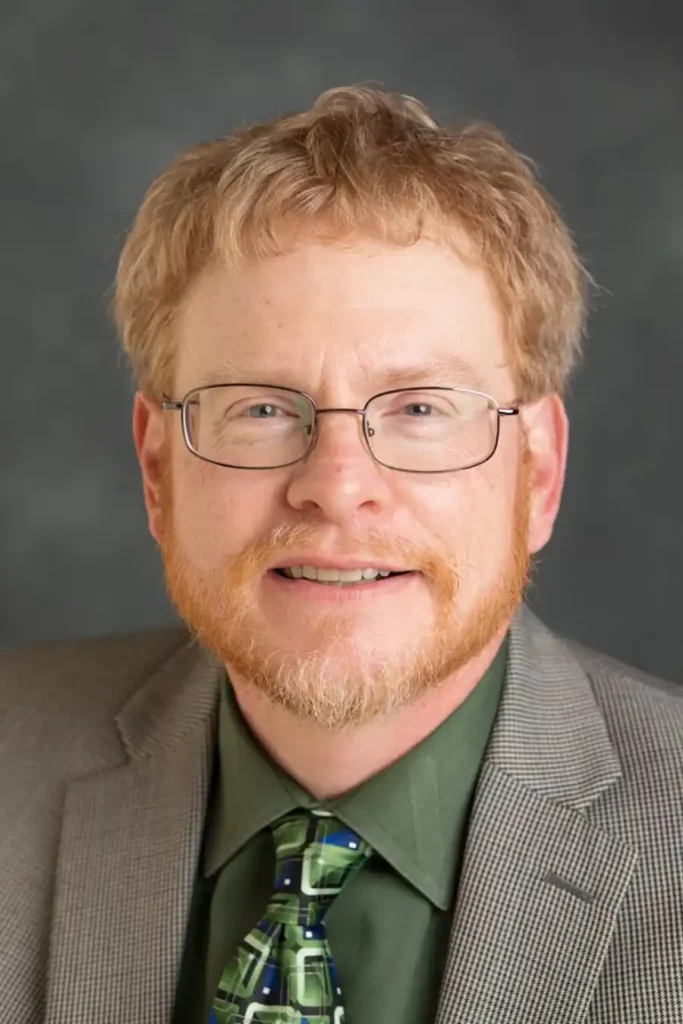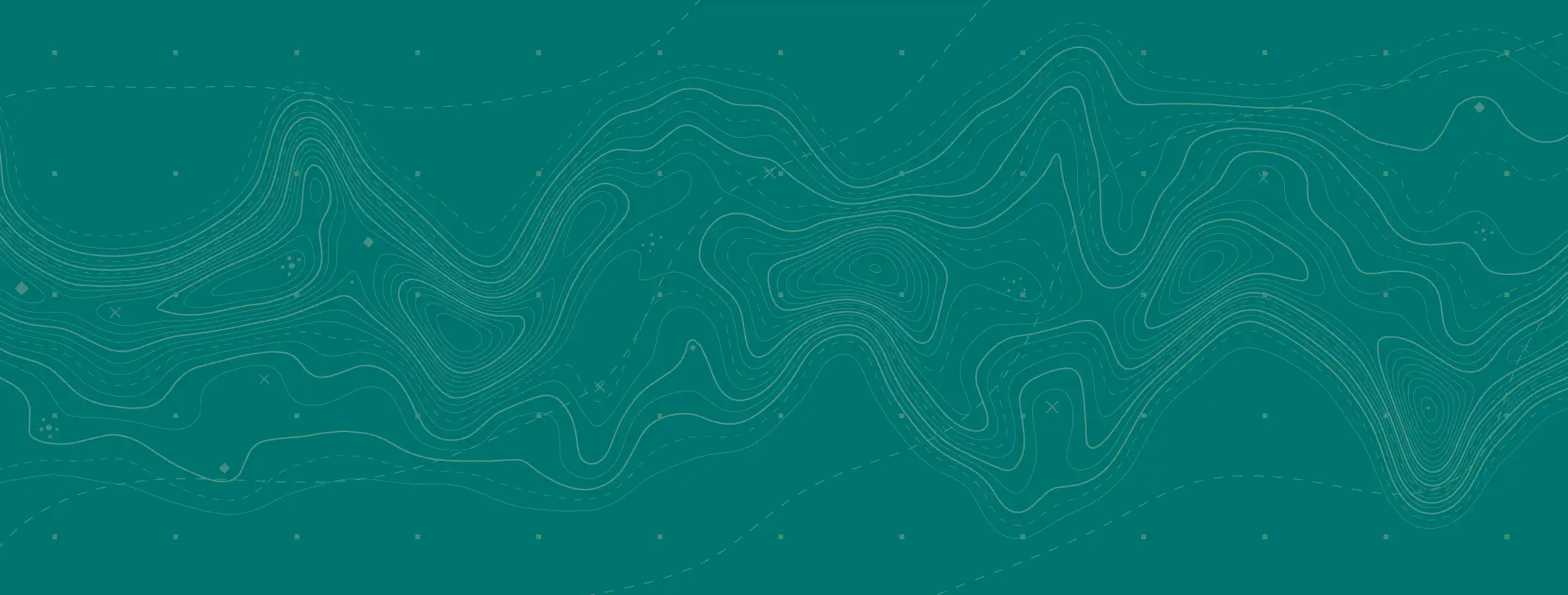On Being a (More) Responsive Department
On Being a (More) Responsive Department

I never expected to address you again as geography department head, but I am happy and honored to do so. I agreed to serve as interim head for the coming academic year while our program appoints a permanent replacement for Professor Ron Kalafsky, who provided excellent leadership over the past three years. I am grateful to report that Ron is still at UT, but now serving as an associate vice provost in the Division of Student Success and director of the UT Honors Program. It is a perfect position for Ron given his life-long commitment to undergraduate student mentorship and program development.
Partly driving the decision to serve as interim head was my admiration for the department’s culture of service-leadership, especially the work ethic and commitment of our staff, faculty, and students. I knew that I would have a strong team helping me. One of the hallmarks of our department is its responsiveness, its growing willingness to take on changes, challenges, and even crises. This quality has been prominently on display over the past several months as we navigate an unprecedented time in higher education—from the transitions and anxieties caused by the coronavirus to growing calls for our country and university to come to terms with systemic racism.
In response to the COVID-19 pandemic, our geography and sustainability instructors and teaching assistants are working overtime to teach fall courses online or work in specially designed classrooms—all while our department has seen an almost 20% increase in enrollment compared to the fall 2019 semester. Many of them have put professional and personal needs and plans on hold to do this inspiring work. No less important is the rapid mobilization of our staff members, especially Nathan McKinney, Pam Sharpe, Molly Green, and Connie Mroz, in helping us prepare logistically for the challenges of operating a major academic department in the middle of a public health emergency.
Our community is not only adapting to the COVID crisis, but also showing an amazing level of civic and scientific creativity. For example, Michael Camponovo, our GIS outreach coordinator, has spent the past several months hosting “Zoom Side” chats (with no disrespect meant to FDR’s fireside chats) that create a new online space where students, alumni, faculty/staff, and other stakeholders can assemble, interact, and learn from each other. This innovation along with Michael’s ongoing virtual career coaching series are truly special initiatives that will have a long life after the pandemic.
Noteworthy is the public-facing research leadership of our faculty, alumni and students. Professor Liem Tran, in serving as COVID-19 outbreak response expert for UT, has spent months using spatial modelling to estimate coronavirus reproduction rates and hotspots in Tennessee, particularly in light of hospital resources and vulnerable populations. Also this past year, Liem provided geospatial analysis to the UT System’s Summit for Opioid Addiction and Response, powerfully demonstrating the power of a geographic perspective to inform university leaders and public officials.
Beginning as a class project in Geography 509, Professor Nicholas Nagle and Jesse Piburn have developed COVID-19 NOWcast, a widely adopted model that estimates daily rates of COVID incidence for each of the 95 counties in Tennessee. Jesse is an alumnus of our program (BA ’10, MS ’13), an ORNL research scientist, and currently finishing his PhD in data science and engineering at UT. Department researchers are also formulating more qualitative responses to COVID, as demonstrated in the ongoing thesis work of MS student Yael Uziel. Yael is using humanistic, participatory mapping to unpack the emotional labor of UT students as they navigate COVID-threatened spaces.
Also gripping the country and our university community is the much older, but no less lethal pandemic of white supremacy and state-sanctioned violence against Black communities—tragically brought to the light once again with the recent murders of Ahmaud Arbery, George Floyd, Breona Taylor, and others. Led by Assistant Professor Solange Muñoz and a team of faculty and students, our department is answering the university’s call for a full-throated diversity action plan, a plan that would make inclusion and antiracism more central, accountable parts of our unit’s student-centered culture and climate.
A number of us in the geography department are working right now to advance public conversations about racism and other forms of oppression, whether that means writing op-eds, participating in virtual teach-ins, authoring and signing letters of solidarity, or partnering with non-profits and activist initiatives. The arrival of two new faculty colleagues to Knoxville, LaToya Eaves and Nikki Luke—both of whom bring innovative work in social justice and records of disciplinary and community engagement—promise to significantly expand our capacity to study and challenge the inequalities that harm our university and wider communities.
In closing, while none of us fully knows what the future holds, the geography department continues to cultivate—now more so than ever—an ethics of care for each other, our students and alumni, and public groups. But, there is still much work to be done, and we invite you to be part of our drive for greater responsiveness—whether that means contributing to our virtual career coaching program, developing alumni initiatives to address racism and center Black Lives, or lending your skills and voices to public education about the pandemic.
Thanks for your time. I wish you good health and safety for the coming year.
Derek H. Alderman
Professor and Interim Head
Department of Geography
